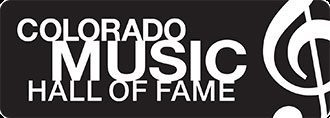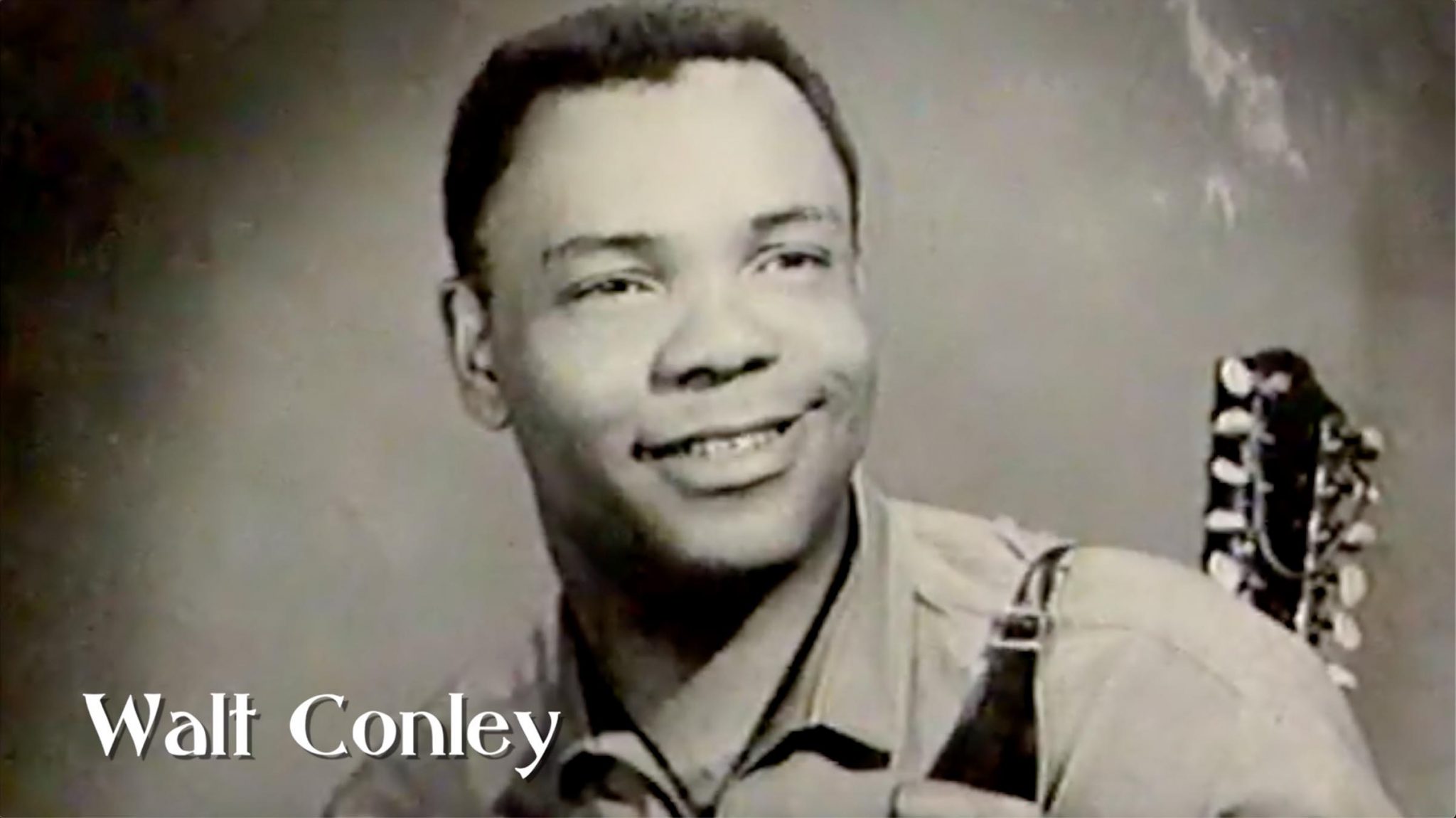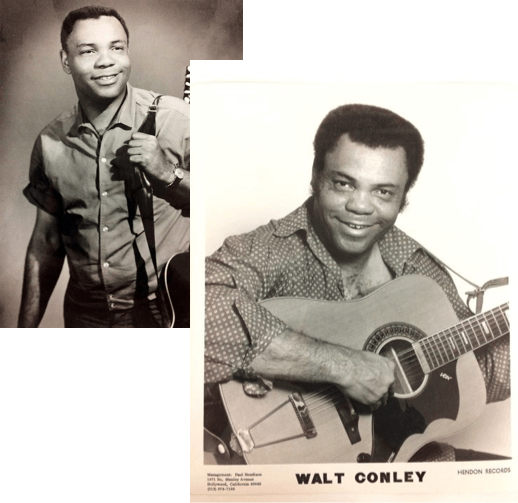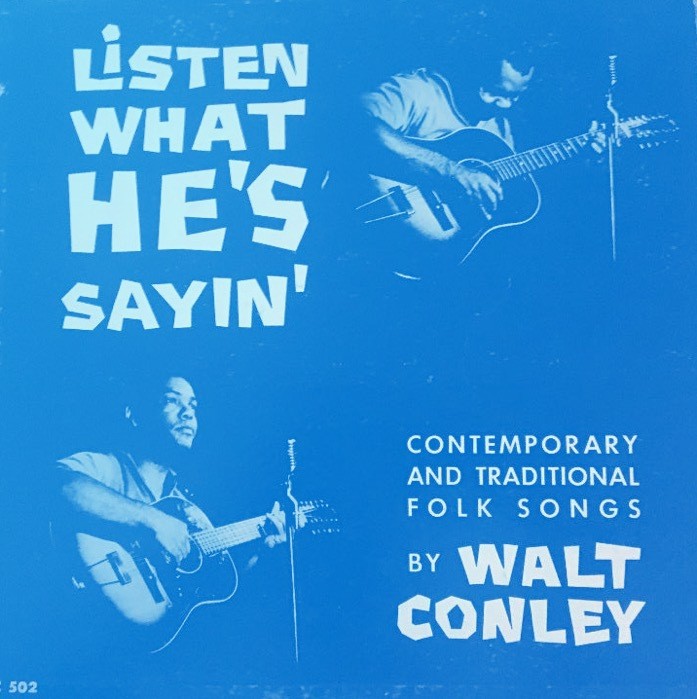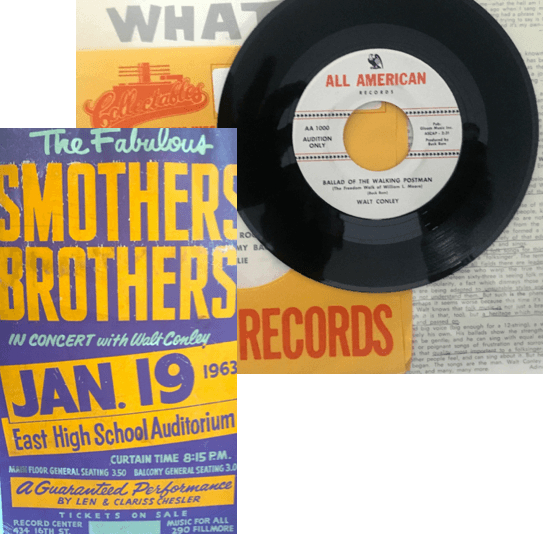Inducted: November 9, 2019
Walt Conley
Born on May 20, 1929, Billy Robinson was adopted by Wallace and Ethel Conley, who raised him in Scottsbluff, Nebraska, as Walter Bell Conley. After his adoptive father died in 1944, Walt and his mother moved to Denver, where he graduated from Manual High School in 1949.
